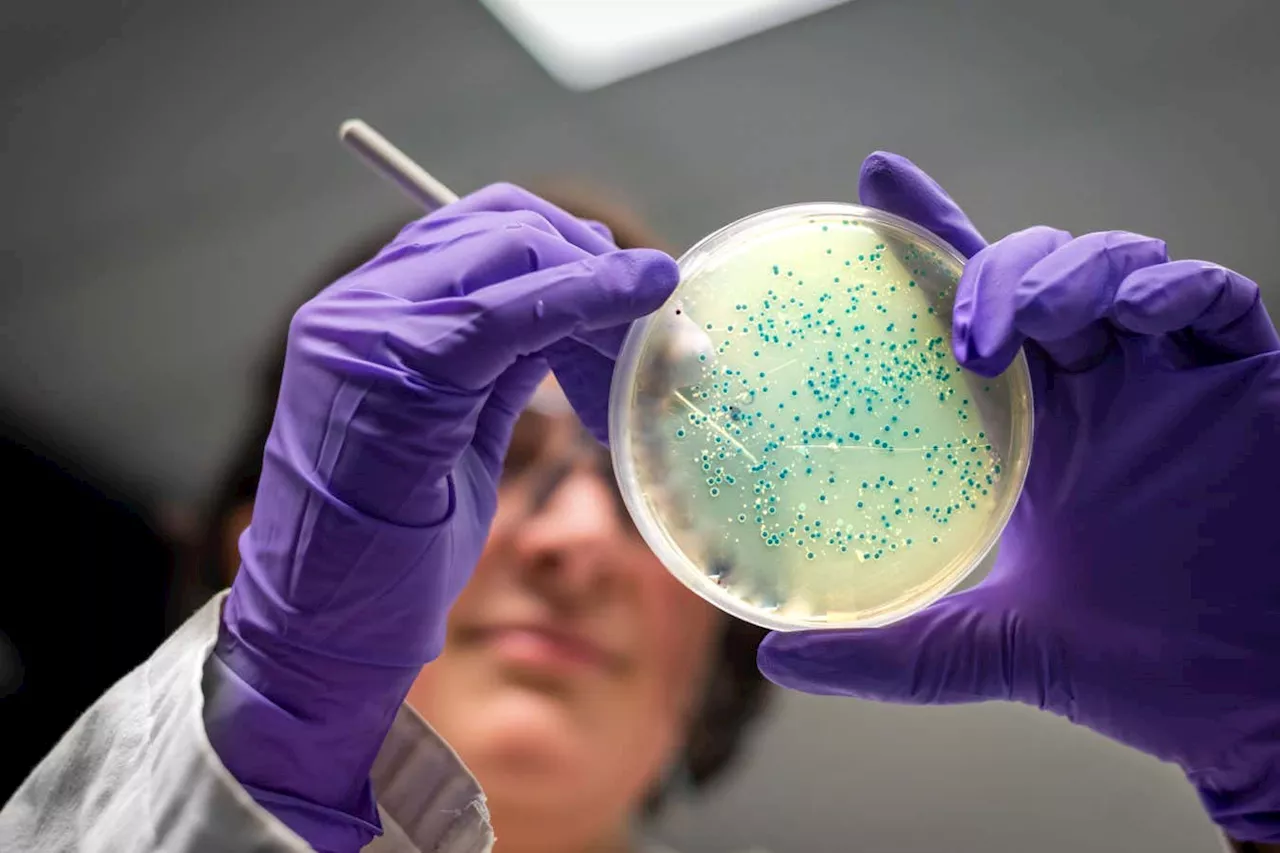A new study published in The Lancet projects that antibiotic-resistant infections, or superbugs, will kill more than 39 million people by 2050, a significant increase from current rates. The research highlights the urgent need to address antimicrobial resistance (AMR) through improved infection prevention, antibiotic development, and access to healthcare.
' Superbugs ' that have become resistant to medications intended to treat them will kill more than 39 million people by 2050, an increase of almost 70% compared to rates from two years ago, a new study projects.
Pairing the right antibiotics could help fight resistant diseasesBy 2050, the study forecasts that deaths attributable to AMR will increase by 67.5% to 1.9 million people annually. Plus, the annual number of deaths associated with or worsened by AMR will increase roughly 75% to 8.2 million people, up from 4.7 million in 2021, the study shows.
Overuse of antibiotics causing drugs to become less effectiveThe World Health Organization calls antimicrobial medicines the 'cornerstone of modern medicine.' But AMR's emergence has made it one of the 'top global public health and development threats,' affecting all countries and all residents but exacerbated by poverty and inequality. Regions that will be most affected by AMR in years to come will be South Asia, Latin America and the Caribbean.
Superbugs Antimicrobial Resistance AMR Healthcare Public Health
United States Latest News, United States Headlines
Similar News:You can also read news stories similar to this one that we have collected from other news sources.
 Drug-resistant superbugs could kill more 39 million by 2050, study suggestsMore than 39 million people globally could die from superbugs that are resistant to widely-used medications by 2050, according to a new study.
Drug-resistant superbugs could kill more 39 million by 2050, study suggestsMore than 39 million people globally could die from superbugs that are resistant to widely-used medications by 2050, according to a new study.
Read more »
 Superbugs due to antibiotic resistance could kill 39 million by 2050, large study findsResistance to antibiotics has led to one million worldwide deaths each year since 1990, and is expected to cause more than 39 million more fatalities by 2050, a new study has found.
Superbugs due to antibiotic resistance could kill 39 million by 2050, large study findsResistance to antibiotics has led to one million worldwide deaths each year since 1990, and is expected to cause more than 39 million more fatalities by 2050, a new study has found.
Read more »
 'Superbugs' could kill nearly 40 million people by 2050, study projectsSuperbugs are forms of bacteria that have become resistant to the drug intended to treat it, which can lead to higher rates of death.
'Superbugs' could kill nearly 40 million people by 2050, study projectsSuperbugs are forms of bacteria that have become resistant to the drug intended to treat it, which can lead to higher rates of death.
Read more »
 Drug-resistant superbugs could kill more than 39 million by 2050, study suggestsMore than 39 million people globally could die from superbugs that are resistant to widely-used medications by 2050, according to a new study.
Drug-resistant superbugs could kill more than 39 million by 2050, study suggestsMore than 39 million people globally could die from superbugs that are resistant to widely-used medications by 2050, according to a new study.
Read more »
 Superbug crisis will likely kill millions by 2050, study findsFox News medical contributor Dr. Marc Siegel on what is causing antibiotic resistance including outdated drugs, food, and over-prescribing
Superbug crisis will likely kill millions by 2050, study findsFox News medical contributor Dr. Marc Siegel on what is causing antibiotic resistance including outdated drugs, food, and over-prescribing
Read more »
 Antibiotic resistance forecast to kill 39 million people by 2050The number of people worldwide directly killed by antibiotic resistance will rise to 1.9 million a year by 2050, according to the most comprehensive study so far
Antibiotic resistance forecast to kill 39 million people by 2050The number of people worldwide directly killed by antibiotic resistance will rise to 1.9 million a year by 2050, according to the most comprehensive study so far
Read more »
